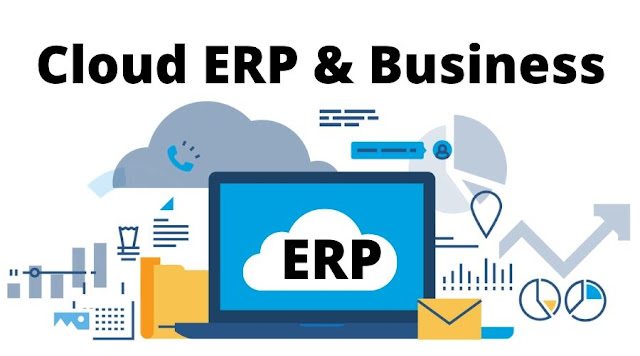What is DevOps ?
DevOps is not a technology, a tool, or a cutting-edge framework. It's more of a philosophy and notion than anything else. It may also be defined as an organization's culture in which application lifecycle management is prioritized. DevOps, on the other hand, is a combination of two terms. Development first, then operations. In the application release management cycle, each team has distinct duties. It's more about communication, cooperation, and feedback across many stakeholders, including developers, testers, infrastructure teams, configuration management teams, and deployment teams.
Unlike
traditional software applications, which are built with large amounts of data
and dependability and can satisfy customers with one or two releases per year,
today's web and mobile applications require continuous delivery and a strong
focus on user experience, agility, and speed to market as end-users interact
with the system directly. All of this is enabled via DevOps, which is done in
an organized manner with integrated teams and frequent feedback inside and
between groups. Companies like Zirkeltech help customers develop products based on .Net / LAMP / MEAN
/ MERN stacks.
The DevOps
and set of techniques allows for significantly faster product creation and
improvement, allowing for continuous software delivery, improved functionality,
and increased innovation. Collaboration also decreases complexity, stimulates
innovation, and helps with digital transformation efforts.
DevOps
enables faster time to market, higher customer satisfaction, and more team
ability to innovate. With DevOps, the entire execution process can be
optimized, resulting in dependable, rapid, and high-quality products being
delivered to the market.
Waste occurs
as a result of centralized development and common test environments, which
pollute test data and increases resource consumption. The unending wait for
capital resources to be approved and made available is finished when you use
cloud-based resources. With DevOps in the cloud, tracking resource usage by
application, developer, user, data, and so on becomes much easier, reducing the
need to track them independently. Because of this reciprocal reliance, DevOps is
driving cloud expansion, strengthening each other while enabling enterprise
growth.
DevOps has
emerged as a viable alternative to the traditional silo strategy. DevOps aims
to break down silos and replace them with the Project, a collaborative and
inclusive activity. DevOps concepts help with application development and
solution design.
With more
and more businesses adopting DevOps to speed development and deployment,
certain open source DevOps solutions make this possible. The main benefit of
open source tools is that they provide you a lot of access to the source code
and help you deal with changing market demands. It increases overall product
quality by streamlining the development and deployment processes.
DevOps can
refer to a willingness on the part of development and IT operations teams to
understand the problems and technological constraints that exist at each level
of the software development process. Establish improvement KPIs, such as
shorter cycle times or fewer defects in production. By interacting across job
functions, you can lay the framework for continuous processes.
As more
businesses move to the cloud, DevOps will become increasingly intertwined with
cloud-native security, resulting in significant changes in the way software is
developed, delivered, and managed. Companies will be able to integrate security
into development and deployment procedures using SecDevOps.




Comments
Post a Comment